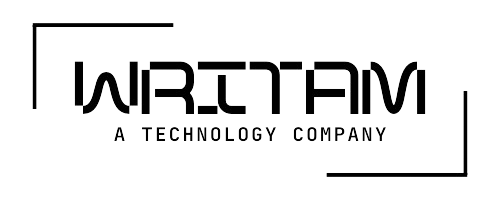Tips for Managing Your Software Development Time Effectively
In the fast-evolving world of software development, time management has become vital for receiving a quality product on time. Usually, deadlines, requirement changes, and team collaborations cause chaos and sometimes result in priorities jumbled up in the heads of developers. Here are a few practical tips that can help manage your time and productivity in software development.
1. Set Clear Goals and Priorities
Define your objectives at the beginning. Break your project into small, manageable tasks and rank them based on importance and deadlines. These visualization and tracking progress tools will give you such an idea as Jira, Trello, or Asana. Clear understanding about what things must be done enables you to concentrate on high-impact activities without wasting time on low-value tasks.
2. Embrace Agile Methodologies
Agile practices such as Scrum or Kanban encourage a process of incremental progress and constant feedback. Keeping the drawing progress in short sprints within the fixed time frame makes achievement-path attainable and a steady pace maintains ensuring no one falls back. The team alignment is achieved through standup meetings and sprint review sessions, establishing blockages early on.
3. Time Blocking and Scheduling
Allocate time slots for focus work, meetings, and breaks. Time blocking helps you to assign uninterrupted time to work for coding, and still time provides space for creative problem-solving. Schedule your day using Google Calendar or Microsoft Outlook, keeping productivity and downtime in mind. Stick to your schedule to avoid procrastination and burnout.
4. Adopt the Pomodoro Technique
The Pomodoro Technique is a well-known method of time management whereby one works within concentrated chunks (generally 25 minutes) before one includes a short interval of rest, thus giving a chance for concentration while preventing burnout. For this kind of technique, one may use apps like Focus Booster or TomatoTimer.
5. Minimize Distractions
Most of the things in the world today take away your concentration making it difficult for you to progress. Get rid of unnecessary notifications, close the irrelevant tabs, and build a perfect workstation. Take it to another level with the noise-canceling headphones and the “Do Not Disturb” modes. You have to inform the team with whom you work regarding the times that you will need to have non-interruptions.
6. Leverage Automation and Tools
Your various pieces of repetitive tasks can be automated in such a way so as to save time and minimize errors. There are CI/CD pipelines, automated testing frameworks, and code linters for smooth workflow automation. Know all of your IDE’s shortcuts and plugins, which would surely improve your productivity in coding.
7. Regularly Review and Adjust
Evaluate your progress regularly, and then do what you can to make it better. Think of what worked and what did not work in your previous tasks or sprints. Therefore, this iterative approach ensures that one understands the bottlenecks that should be eliminated, refines the processes, and finally, improves the time management mechanisms over time.
8. Foster Team Collaboration
Collaboration does save some precious time besides saving us from misunderstanding. Communicate using platforms like Slack or Microsoft Teams with your team regularly. Review codes through Sanity and pair programming sessions to share knowledge across the team and deal with technical debts.
9. Learn to Say No
Having too many tasks can overwhelm you and also affect the quality of them. Be realistic about your capacity to perform things and inform stakeholders what can actually be done in the given time. The art of saying no makes sure you will be freed up for best results on what you are assigned.
10. Take Care of Your Health
Your physical and mental health play a huge role in how productive you are. Make sure you sleep well, eat healthily, and exercise at least a little. Short breaks, getting up for a second from the screen, make a wonderful miracle in refreshing your mind for better concentration.
Conclusion
Effective management in software development time is a good blend of planning, concentration, and adapting. Setting clear goals while minimizing distractions, plus the right tools and techniques for time management, will enhance productivity and guarantee project delivery. Remember, time management is an art that one learns through practice, so start putting it into practice even today.







